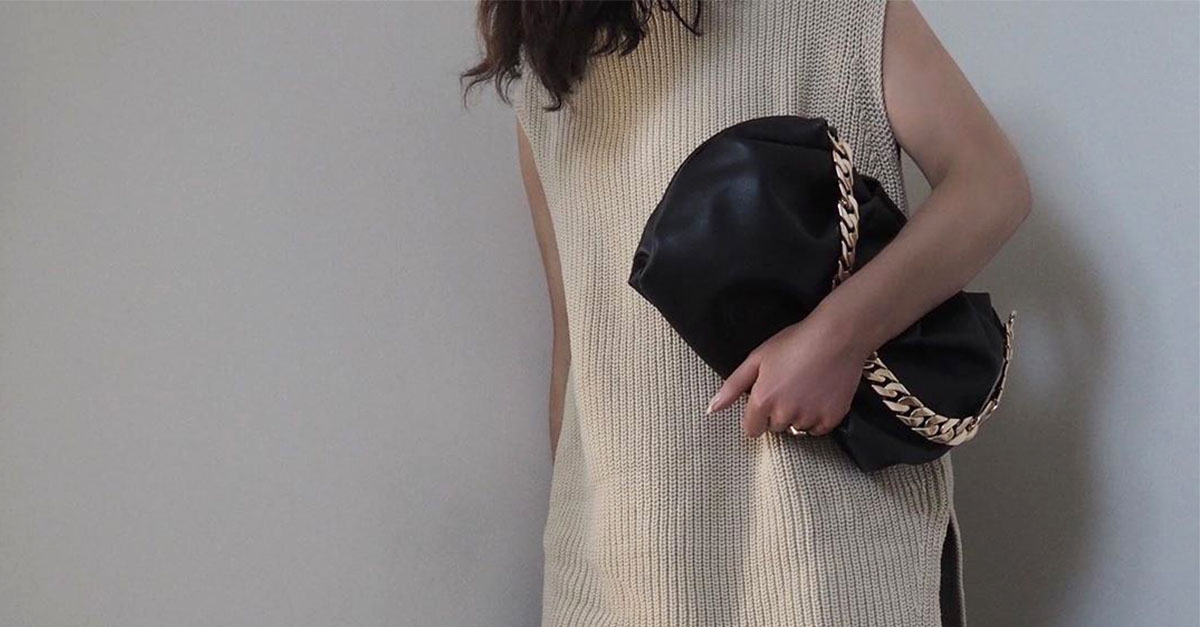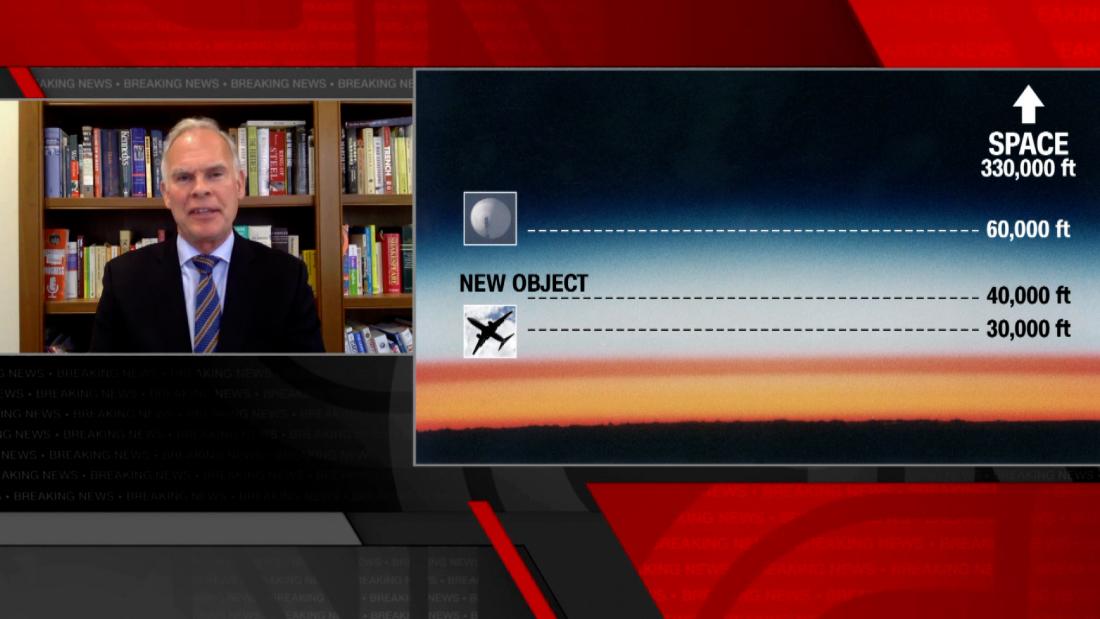This Is It—Your Be-All-and-End-All Guide to Tattoo Aftercare
We know you were wondering.

These days, tattoos are more mainstream than they’ve ever been before. It makes sense, as they’re essentially personalized artwork on your own body. There are few everyday things that are quite as exhilarating as getting new ink—from picking a design you care about (whether it has deeper meaning or not) to actually sitting down with your artist, it’s a singular experience.

I recently got my second permanent tattoo. (I also have a made-to-fade one from Ephemeral.) After I’d planned out my design, placement, and size (a one-inch Tootsie Roll outline above my elbow), I realized that I knew basically next to nothing about caring and prepping for a new tattoo. Considering I’m the type of person who puts on sunscreen when I might be sitting near a window, knowing how to prep and care for my skin after ink is essentially injected into it is top priority. I tapped Ashur Harris, the studio manager of Atelier Eva in Brooklyn, New York, and a Mad Rabbit partner, for advice, and I asked all of my burning questions that I had trouble finding answers to elsewhere.

Before your tattoo appointment, you should be sure to stay out of the sun as much as possible. “Dry or burnt/peeling skin can seriously interfere with the tattooing process,” says Harris. Keep skin extra moisturized a few days before so that you can receive ink more easily.
As for other things to consider before your tattoo appointment, Harris recommends showering beforehand and avoiding drugs, alcohol, and high-intensity workouts for 24 to 48 hours before and after. “We also highly recommend getting a good night’s sleep the evening before and eating a healthy and filling meal at least three hours in advance,” says Harris.

After your tattoo appointment, try to stay hydrated, eat filling meals, and get a lot of rest. “Avoid being outside or in changing environments for too long, and refrain from high-intensity activities, which lead to excess sweat from movement,” says Harris. Be sure to stay out of sunlight, and keep your fresh tattoo away from water.
Luckily, there are now specific cleansers made with tattoos in mind. “We recommend using an unscented, mild liquid soap, [and] using your clean hands to cover and cleanse the tattooed area gently with soft circular motions,” says Harris. “After this step, rinse carefully with tepid water. It is recommended during the healing process to do this two to three times a day.”




At Atelier Eva, dry healing is not recommended. “During winter months, your tattoos will likely be covered by warm, skin-tight clothing that will dry out the tattooed area to an excessive point, causing irritation/itchiness or pain from fabric catching scabbing (which can pull healing pigmented areas of your tattoo out of the skin),” says Harris. “During summer months, prolonged sun or elements exposure can overdry the tattooed area, causing similar risks.”
Whatever you do, never scratch a new tattoo. Keep in mind that your tattoo feeling itchy is perfectly normal and is even to be expected during the scabbing phase of tattoo healing. Itching sensations arise most prominently during the scabbing phase of a healing tattoo. Pop on a soothing gel to help nourish skin and provide relief—Harris recommends using the Atelier Eva x Mad Rabbit Soothing Gel, which is formulated with aloe vera to soothe and hydrate without compromising the tattoo’s healing process.





It takes up to one month for a tattoo to fully heal. To aid in healing, keep moisturizing your skin lightly (with the same kind of gels and moisturizers used for itchiness) for around 14 days after you’ve taken off your bandage. Opt for a thin layer of moisturizer, and rub it in until it soaks in completely.
“We recommend abstaining from intensive exercise for up to two weeks, as flexing the skin of the tattooed area can cause additional scarring and contact with unsanitary surfaces, abrasive clothing, and sweat can cause irritation and even infection,” says Harris. “Unsanitary water exposure can cause serious and life-threatening infections, and direct sunlight can overly dry the healing area or cause premature fading. Avoid submerging your tattoo in water or exposing it to direct sunlight for prolonged periods for up to a full month. We also recommend using a mineral-based SPF after day 14 if you are going to be out in the sun, no matter what time of the year.”



The good news is that you can nearly always avoid infections by taking care of your tattoo as it’s healing. “Infections almost always stem from improper aftercare and cleaning,” says Harris. “Check in with your tattoo artist to determine if they can recognize the situation and cause. Most often, it can be a treatable condition—they may recommend a simple treatment that can be addressed independently through additional cleaning, care, and over-the-counter treatments. Alternatively, they may recommend contacting a licensed dermatologist or physician for additional help.”
Next, The Best Aesop Fragrances, Ranked by Me, a Fragrance Obsessive

 Landwebs
Landwebs 


























